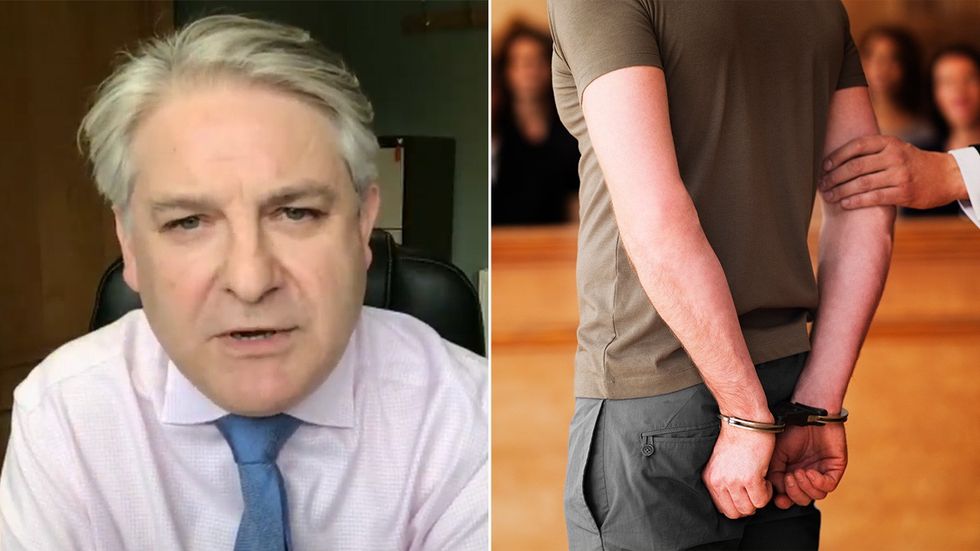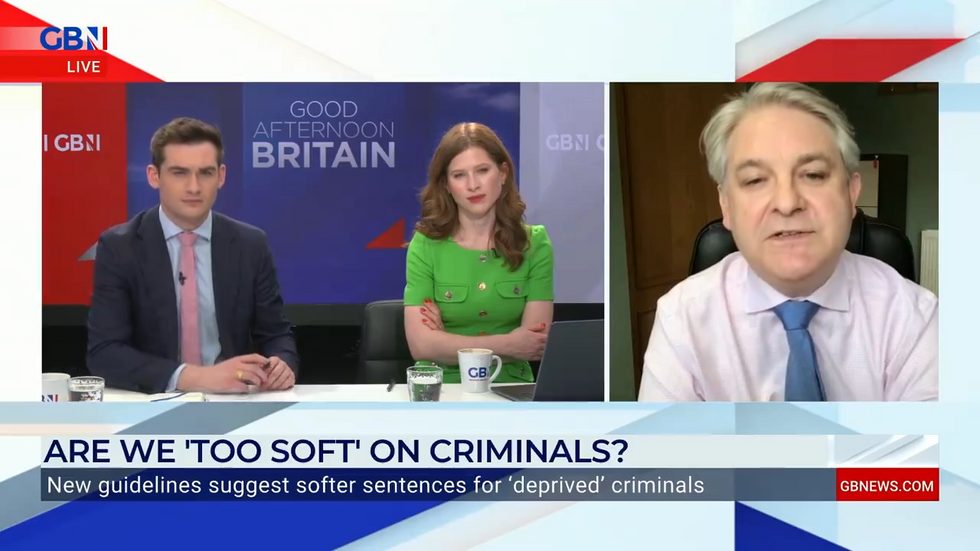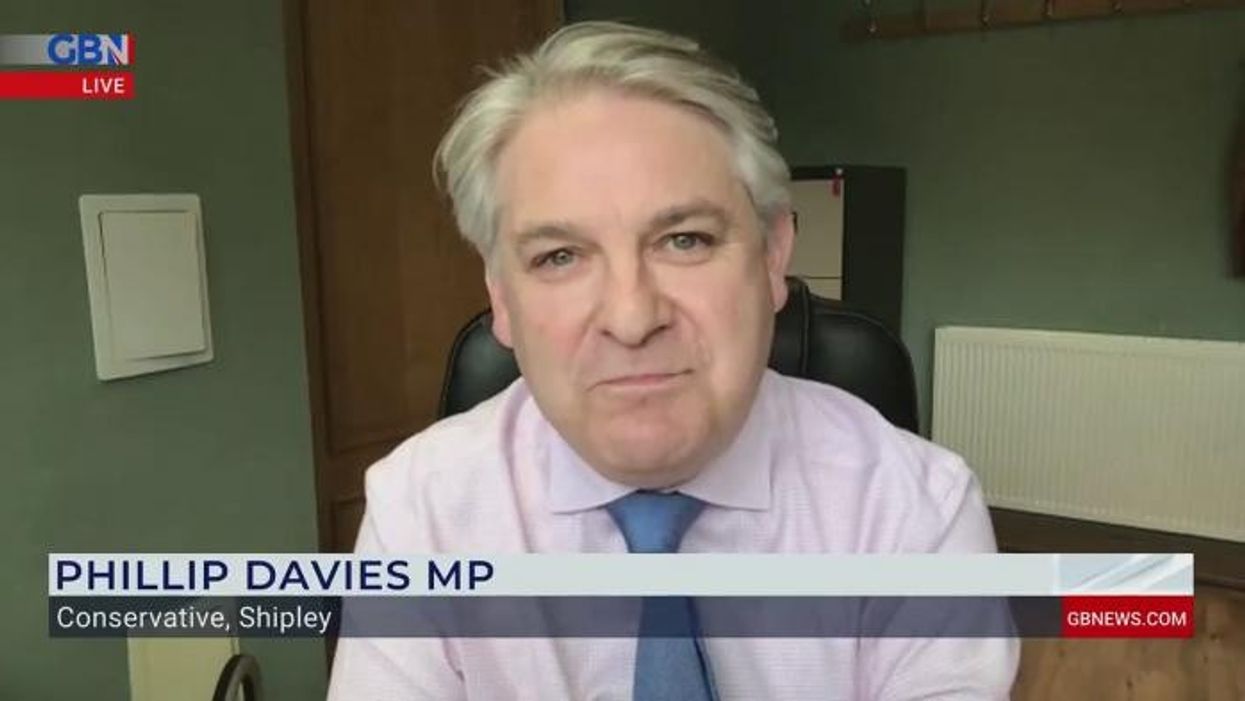‘They aren’t speaking as lawyers, they’re speaking as lefties!’ Philip Davies rages at ‘completely nuts’ soft sentences

Justice Secretary Alex Chalk says the guidelines are 'patronising' and 'inaccurate'
Don't Miss
Most Read
Conservative MP Philip Davies has criticised the UK's Sentencing Council after they suggested judges should "consider softer sentences" for offenders from "deprived or challenging backgrounds".
The council, which enforced the latest changes on Monday, will now consider factors such as "poverty, low educational attainment, experience of discrimination and insecure housing" when deciding a criminal sentence.
Reacting to the changes on GB News, Davies criticised the "completely unacceptable" move and said the decision is an "absolute outrage".
Justice Secretary Alex Chalk has also pushed back on the move, claiming the newly established factors should "not be relied upon as excuses to commit crimes".

Philip Davies has hit out at the Sentencing Council for 'completely nuts' suggestion on sentencing
|GB News / PA
When asked by host Tom Harwood if UK judges should impose softer sentences for criminals "on the basis of their birth", Davies fumed that the Council making the decision is a collective of "15 unelected, unaccountable members".
He added: "The great and the good of the liberal elite in the legal profession have in effect decided themselves, on no basis whatsoever, that for a whole swathe of the population, they can now get lighter sentences."
Davies questioned the factors eligible for lighter sentencing and asked: "If you got told off by your teachers when you were ten years old, does that mean you get a lighter sentence now?"
The Tory MP highlighted partner Esther McVey's childhood growing up in the care system, and claimed that the "patronising" and "completely unacceptable" ruling now means McVey would "now get softer sentences if she commits a crime".

Davies said the decision has been made by a council of 'unelected, unaccountable members'
|PA
LATEST DEVELOPMENTS:
Davies fumed: "They've lost the plot, these people at the Sentencing Council!"
GB News host Emily Carver was in agreement with Davies, and questioned if the new rules means it could "almost encourage people to commit crimes", knowing they'd get a lesser sentence.
Davies responded: "I put in an objection to these proposals during the consultation, as did Alex Chalk, which they've completely ignored.
"This mitigation can be used every time somebody commits a crime, even if it's the 35th time they've appeared in court, this mitigation will still be able to be used every single time. And it would apply to every crime as well."
Davies shut down the suggestion that if you're in deprivation and you commit shoplifting, it should be taken into consideration. He argued: "I don't think it should, but some people might make that case."

Philip Davies says the suggestion by the Sentencing Council is an 'outrage'
|GB News
Davies warned that the new guidelines will apply to a "single crime someone commits", including a stabbing or a rape.
Davies explained: "If you go along and stab somebody with a knife, or you rape somebody, you can use the fact that you live in deprivation, or you had a negative experience of authority when you were younger to get a lighter sentence on the back of it.
"This is completely nuts. If they want to pursue this kind of policy, they can actually stand for election like the rest of us and make their argument to the electorate, not try and sneak in their left-wing political views through the back door because of the position that they've got.
"These are not people speaking as lawyers, they're speaking as lefties who are trying to pursue their own political agenda and it's outrageous."
In a statement, a Ministry of Justice spokesman said: "Sentencing decisions are made by independent judges who already take into account the circumstances of each case in line with guidelines set out by the Sentencing Council."











